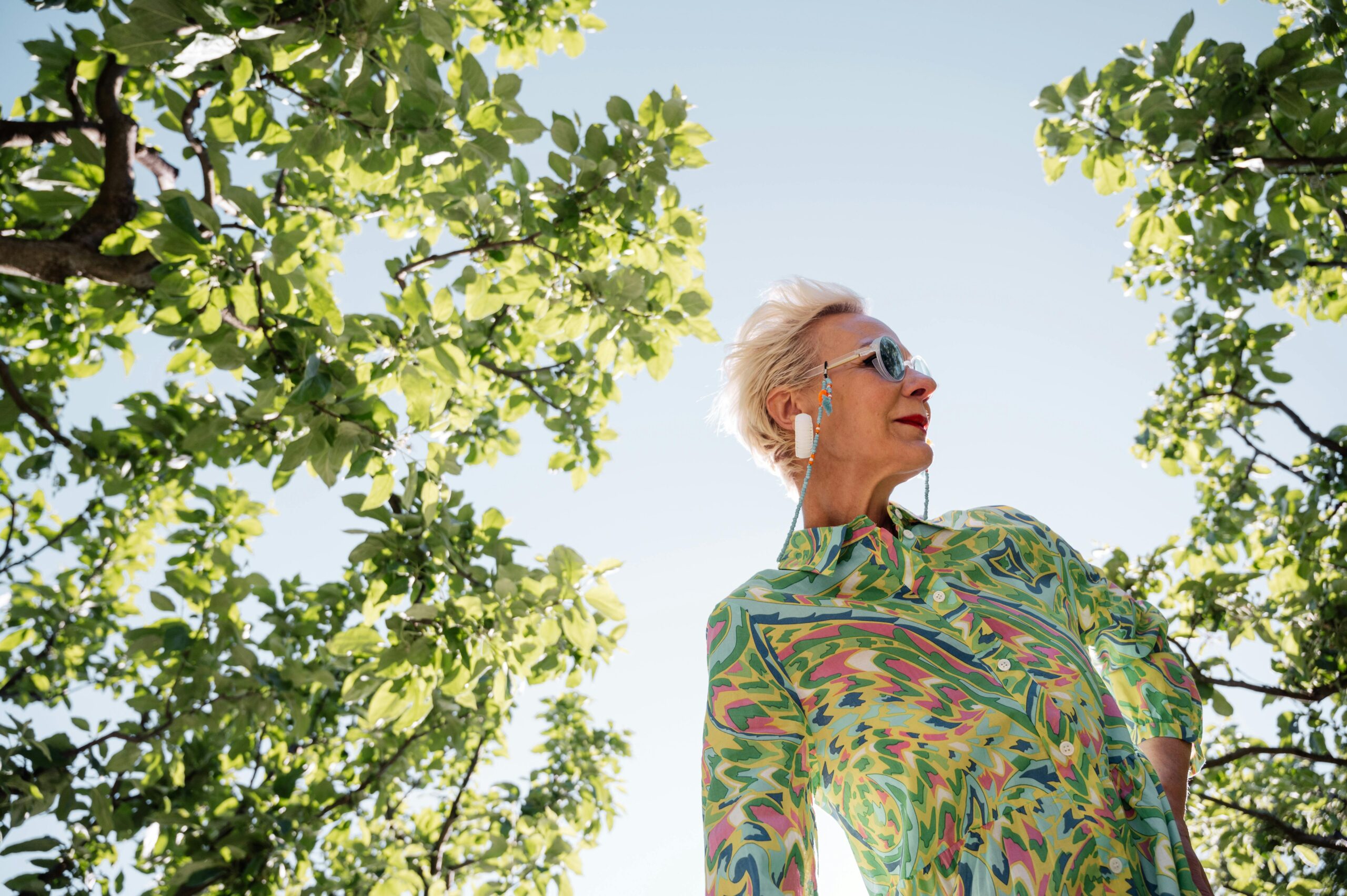
By Cathryn Vogeley
The shame and ache from losing my firstborn to adoption in 1969 nearly destroyed me. At the time, I was an eighteen-year-old nursing student in Pittsburgh PA. Raised in a strict Catholic environment, I had learned the importance of virginity as a precious gift meant for your husband, but I had given that away and everyone would know. To make matters worse, my boyfriend wouldn’t get married because he did have a choice.
Pregnant unwed girls were labeled tramps and their babies were called bastards. Shotgun weddings were common but raising a child as a single woman was not. I kept the pregnancy a secret and left town, spending the last trimester in a Catholic Charities home for unwed mothers. My mother had little to do with me during that time. My siblings thought I was living and working out of state while I spent Christmas alone, twenty minutes from home.
In the delivery room, I was put under with ether. When I awoke from the anesthesia, I heard only sounds of water running and chattering nurses. I listened for a baby’s cry but she had already been taken away.
At home afterward, my mother insisted that I forget it ever happened. “Leave it behind,” she repeated again and again until it became a part of me. I never heard her say the words, “your baby” or “my grandchild”. My baby was taken in a closed adoption with the records expunged of my name and sealed for ninety-nine years.
For the rest of my life, I ran from that decision and the grief that was never allowed but existed in me just the same. Losing a child is the most painful experience a mother can have but I had to act as if it never happened.
In my sixties I sought help for nightmares, irritability, drinking and jumpiness. I learned these were symptoms of post-traumatic stress disorder (PTSD) related to giving up my firstborn. At the suggestion of my therapist, I searched for my relinquished daughter, who was by then middle aged. In my naivete I hoped my daughter would be excited to meet me. I had assumed she would have been happy to be raised by a couple who chose her and had the means to support her in every way.
Adoptees carry the burden of the disenfranchised and are often ashamed, angry and wounded by having been given away. When I finally found my daughter, I was more than elated. We lived on opposite sides of the country. We emailed regularly with questions and answers flying back and forth. I answered her honestly, with the candidness of a sister rather than what I was, a mother who’d handed her over to strangers.
I realized too late that I lacked the skill to navigate the process of reunion. My greatest need was for her forgiveness, whereas hers seemed to be working through her anger and hurt, something for which I was woefully unprepared. I’ve since learned through organizations like Concerned United Birth Parents (CUB) and National Association of Adoptees and Parents (NAAP) that adoptee/first mother reunions are fraught with complicated feelings and other family members’ resentments. My daughter’s adoptive parents discouraged her from contact with me. She did not want to meet. In the beginning we emailed, then texted, then she stopped communicating.
If I could start over, I would read all that I could find about first mother/adoptee reunions. I would let her be the lead communicator and honor her feelings without inserting my shame and guilt and need for her.
As long as we are both alive, I have hope that someday we might reconcile.


Cathryn Vogeley lives with her husband and rescue terriers in Oregon, near Portland. She raised two daughters and is Nana to five lively grandchildren. Cathryn holds bachelor’s and master’s degrees in nursing as a clinical nurse specialist in wound care. She retired after forty-five years and discovered a passion for writing. Her book, I Need to Tell You, was published in May 2022 by WiDo Publishing and is available wherever books are sold. Learn more about Cathryn at https://cathrynreadsandwrites.com. You can follow Cathryn on Facebook and Instagram.
















